New Album: 'Spirits of the Western Sky'
APRIL 2013 BY PAUL GLEASON
via Rockcellarmagazine.com
As a guitarist-singer-songwriter for The Moody Blues, Justin Hayward is one of the founding fathers of progressive rock.
The string of albums that The Moody Blues released between 1967 and 1972 – Days of Future Passed, In Search of the Lost Chord, To Our Children’s Children’s Children, On the Threshold of a Dream, A Question of Balance, Every Good Boy Deserves Favour, and Seventh Sojourn – are all-time classics.
Hayward wrote or co-wrote many of the band’s biggest hits and most enduring songs – Nights in White Satin, Tuesday Afternoon, Visions of Paradise, Never Comes the Day, Are You Sitting Comfortably?, Question, It’s Up to You, The Story in Your Eyes, The Voice, Your Wildest Dreams, and I Know You’re Out There Somewhere.
Spirits of the Western Sky – his first album in 17 years – has just been released to wide critical acclaim and the Moody Blues embark on an extensive UK and US tour, beginning in June.
In addition, The Moodies will release the box set Timeless Flight: The Voyage Continues – on June 3. The box boasts 11 CDs, 6 DVDs, a 120-page book, posters, and other goodies.
Rock Cellar Magazine caught up with Justin Hayward to discuss The Moody Blues, the creation of the best songs that he wrote for the group, the band’s performance at the infamous 1970 Isle of Wight Festival, meditation, drugs, and his brand new record – Spirits of the Western Sky.
Rock Cellar Magazine: There’s a great YouTube film of The Moody Blues performing at the famous 1970 Isle of Wight Festival. Can you even describe what it was it like performing in front of roughly 600,000 people?
Justin Hayward: It’s so vast that you’re just concerned about what’s happening on stage, really. It’s almost too big; it’s incomprehensible the number of people, so you just have to try and think about your immediate area and vicinity.
RCM: Did you meet or hang out with any of the other great musicians who performed that day? The Doors were there, Miles Davis . . .
JH: I didn’t meet Miles Davis – but I knew a lot of the musicians anyways because in those days, there were so many people on the bill when you would play. These were the days before big concerts where just one band would play. So I knew a lot of the people anyway.
RCM: Do you have a particular memory of one person you saw that day?
JH: I was particularly taken with Joni Mitchell.
RCM: Didn’t she have a near-breakdown on stage? Did you witness that?
JH: From what I could see, somebody jumped up on stage – and it was very difficult for her. Nobody was getting paid. And I remember Free really getting angry with the promoter, just taking their money from him and (laughs) holding him up against the wall. It was very difficult. I think that some of the Americans artist might have been paid beforehand, but none of the rest of us got paid.
The fence came down, and it turned into a free concert – which just meant it was chaos. Any security disappeared – and anyone official disappeared. It was just a free-for-all.
RCM: Was it a nightmare for the Moody Blues as well?
JH: It was rather different for us because we just had a Number 1 record with Question in the UK. For us, the crowd was particularly receptive and empathetic. They were ready for a good old-fashioned English group, really. They were very good to us.
RCM: Question was originally written as 2 songs – a fast song and a slow song. Which song came first?
JH: I think the slow song came first.
RCM: What made you think of combining them?
JH: Because it was 3:00 in the morning, and I was due to have a song for the rest of the group to work on at 10:00 the same morning in North London. It was just sheer pressure.
RCM: Was it a normal practice for the band members to hold each other to deadlines?
JH: The other guys would expect that I would have something to kick off the recording. And my songs were always done first, so the others could relax and think about what I’d done and what they could do. Some of the guys would write after that in the studio, and I always did my stuff at home beforehand.
With Question there was some time on that weekend. There were 2 days recording time that we took a few weeks before, and as it approached, I realized that I needed to have something.
RCM: Did coming up with the first batch of songs mean that you were the one setting the themes of the concept albums?
JH: Rarely did I do that; in fact, I usually stayed out of that stuff. I’d be part of the discussion, of course – we were all there and contributing to it. But that wasn’t really my thing. It was Graeme and Mike who did most of that – just the concepts.
